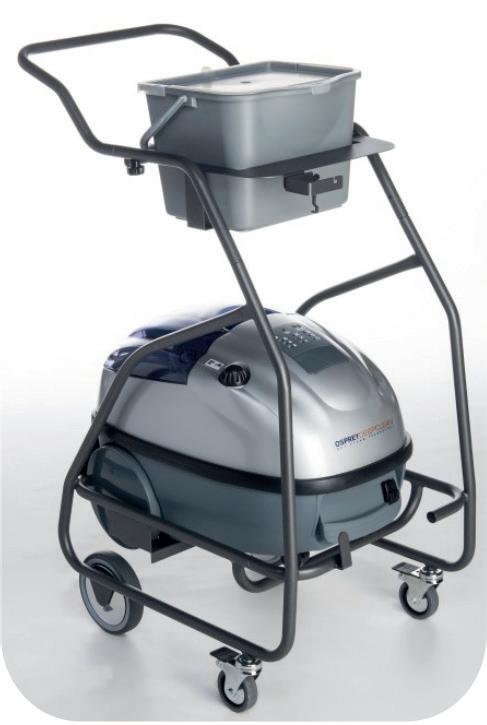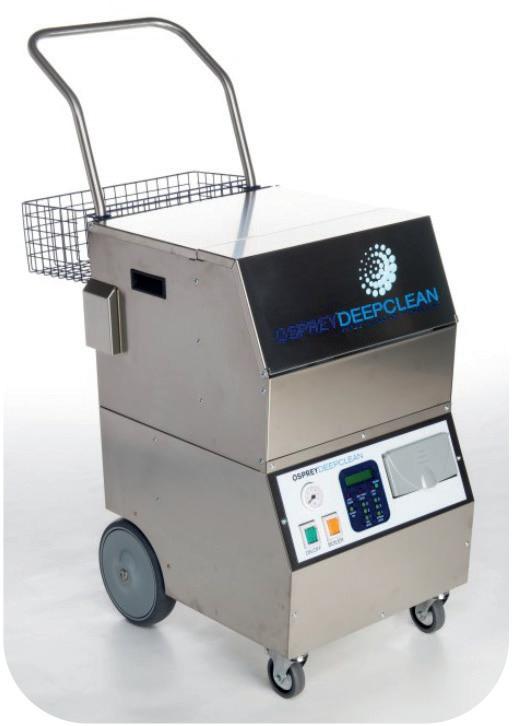
14 minute read
Special Report: Using apprenticeship
Using apprenticeship resources where it matters most - for preparedness and to build a healthier future
As Barrie Torbett passes the torch to John Shonfeld, the new Master of the Worshipful Company of Environmental Cleaners, he’s laid out his final thoughts on what the industry should focus on in the future.
NATIONAL Apprentice Week took place at the beginning of the year, focusing on what opportunities are available to employers and employees alike. It also reflected how successfully previous apprenticeship schemes had benefited from the Apprenticeship Levy.
Unfortunately, it coincided with revelations in the trade and national press that an independent think tank had identified a developing trend that they branded as `fake apprenticeships’ [1] .
Allegedly over £1.2 billion has found its way into the fake apprenticeship sector. Instead of these funds being used to introduce new staff and providing them with the skills and knowledge required to progress within their chosen sector, it has been used to upskill existing staff.
Barrie Torbett
I wondered how this was affecting the cleaning and FM sectors, and so enquired among my colleagues. I was surprised to discover that the Institute of Apprentices (IOA) rejected the proposals from the City and Guilds and industry associations to fund our sector for skills training/apprenticeship resources, as they were not convinced that cleaning operatives required off-the-job training, or any further skills development. This voiced loud and clear that our sector is so undervalued.
Limited vision - now the horse has bolted The IOA did, however, recognise that infection control formed the basis for an apprenticeship addressing cleaning and hygiene requirements - but only for the healthcare sector. But, does this mean that cross contamination and infection control are not relevant in all other sectors?
With the onset of the COVID-19 pandemic, requiring the most extreme government directives on public safety since the Second World War, affecting every sector of business and leisure, this has been proved spectacularly incorrect.

The COVID-19 lesson: the right skills for the specialised jobs Increased specialised training in deep-cleaning and hygiene is a must - it is imperative to invest in training, based on the information we have now, and learn from it. Future pandemic recurrences are likely, and people depend on the cleaning industry to keep our built environment hygienically safe. Without support, the industry is working with one hand tied behind its back to manage future risks. As it stands, we have a limited amount of staff trained specifically in dealing with major contamination issues. Removing a standard cleaner from office cleaning duty, having them wear a coverall and mask, and equipping them with a fogging machine does not make them a specialist. We must ensure that we have accredited personnel and companies in place to deal with acute situations as they arise.
All too often the so called low skilled, low paid cleaning operative is thrust into the front line when the going gets tough. Suddenly they are plunged into the position of safeguarding the public from critical hygiene risks, with inadequate training and pay.
The same course of action applies when we have serious security issues. My background was predominantly in the aviation sector where cleaning operatives were seen as a necessary but non-profit making resource until there was a terrorist threat. Suddenly the cleaning operatives were once again pushed into the front line and made responsible for checking waste bins for suspicious packages.
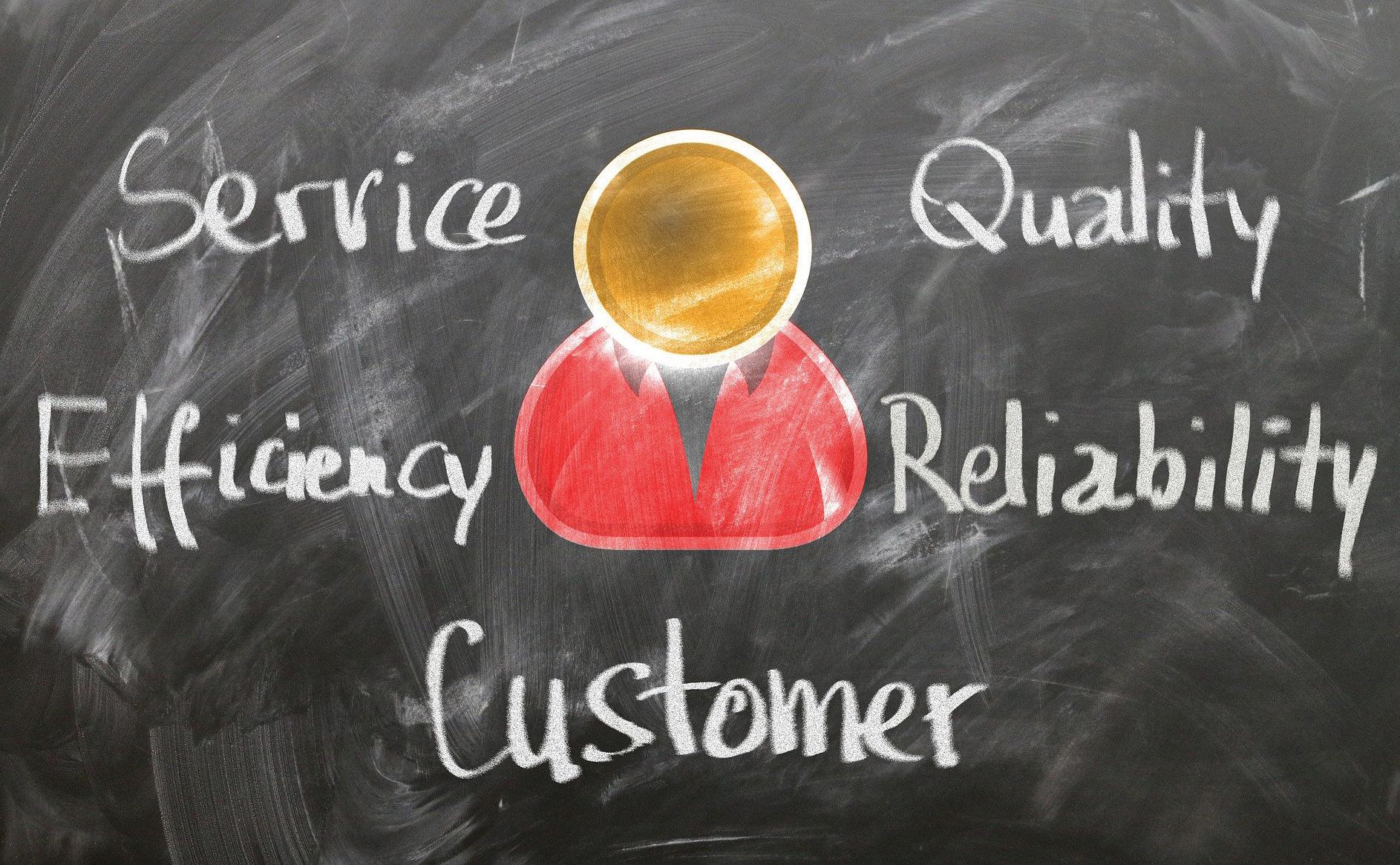
Refuting the stereotype As it was recently said by a commentator in the press, ‘you can’t scare a virus’. If this health crisis highlights anything, it will be the importance of maintaining exemplary hygiene standards at different levels of thoroughness in our [global] built environments. It’s not even a matter of urgency for just the UK alone now, it is a worldwide risk – no one escapes.
The cleaning and hygiene sectors have had significant recruitment challenges for a long while now. This is not helped by the stigma of negative branding as an unskilled profession. The work we do is vital - the reluctance of government and industry in general to recognise cleaning as a profession that offers a career path to those without extended qualifications required in other sectors, is blinkered thinking.
Being proactive supporters of our own industry The Business Services Association Cleaning Committee is endeavouring to establish an industry-supported baseline induction scheme. It would demonstrate best practice requirements for the cleaning sector - a commendable move forward.
However, I do wonder why our representative bodies are not actively working together to build the professional recognition our industry deserves with an approved apprenticeship scheme. Such a scheme would benefit from government funding and encourage young people into our industry, being able to offer them a definitive career path. This would ensure not only their future, but also the sustainability of the cleaning and support services sector. We’ve already had the drama, and the crisis.
It’s time cleaning staff gained the recognition that they deserve as an essential service throughout the built environment. Furthermore, they are expected to be multiskilled and take responsibility for key hygiene and security issues during times of crisis. This only works if they are trained and ready to deliver in such situations.
So, however we alter our approach - to elevate our sector, prepare it for growth and the challenges to come - could change everything, and hopefully for the better. Otherwise, I fear we may be caught on the back foot, and if in a similar situation as we are experiencing now, our society and economy would be put at great risk. WWW.WC-EC.COM
[1] www.theguardian.com/education/2020/ jan/03/millions-spent-on-fake-apprenticeshipssays-report
Window cleaners and the fight against Coronavirus
THE nation’s window cleaners should be employed in a nationwide rolling programme of sanitisation to fight the Coronavirus, according to the Federation of Window Cleaners (FWC).
Since day one of the UK COVID-19 pandemic the FWC has continued to support the window cleaning industry through its many email and telephone enquiries about the restrictions and steps employers should be taking to help protect the health and safety of staff and the general public during the pandemic. Following the chancellor’s announcement in March regarding unlimited loans and guarantees being made available to support firms and help them manage cashflow through this period, the FWC wrote to Rishi Sunak on 20 March, representing all UK window cleaning businesses facing problems with their finances. One particular question related to a window cleaning
Andrew Lee
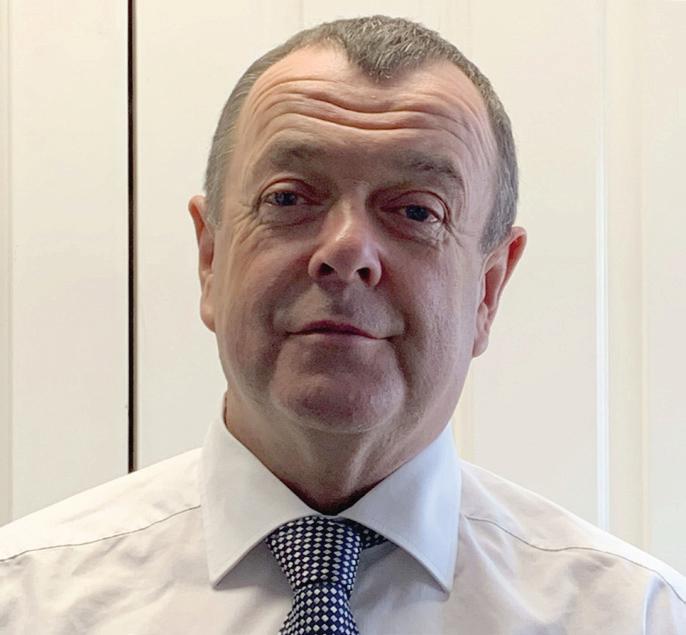
business’s ability to repay the unlimited loans and guarantees initially offered by the government whilst many had already lost work and consequently were unable to earn during this period.
The FWC office has remained operative throughout the lockdown providing help, advice and support to member companies by way of COVID-19 risk assessments and method statements for those who were able to continue working in compliance with best safety practices, including procedures on social distancing relating to colleagues, clients, customers, and members of the general public. The FWC website’s news page has continually been updated with relevant information on the afore-mentioned and many other queries relating to best practice measures for window cleaning businesses, tradespeople working alone, support for the self-employed, small businesses, and the job retention scheme. It has also been active in lobbying the government for the benefit of the industry via the British Cleaning Council as
PROFESSIONAL SPRAYERS FOR THE CONTROL OF VIRUSES & EPIDEMICS, PUBLIC HEALTH CLEANING & DISINFECTION


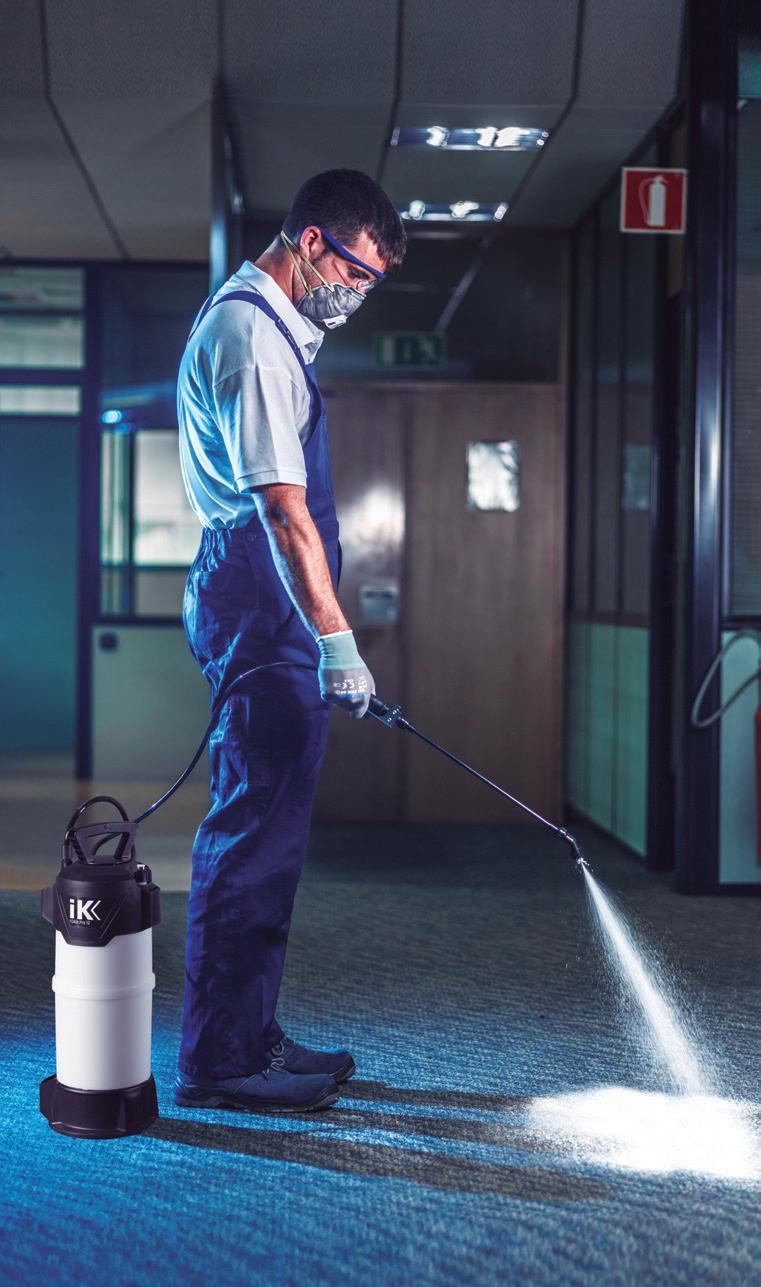
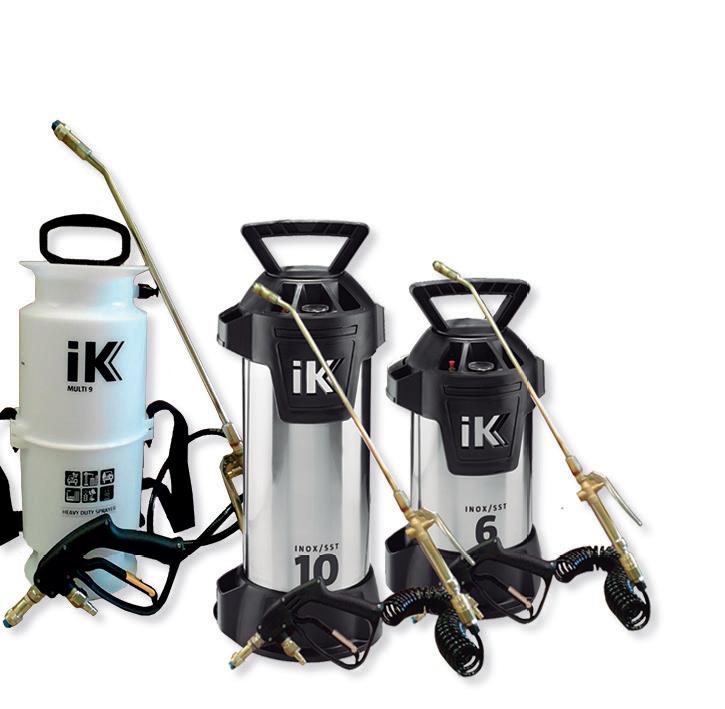
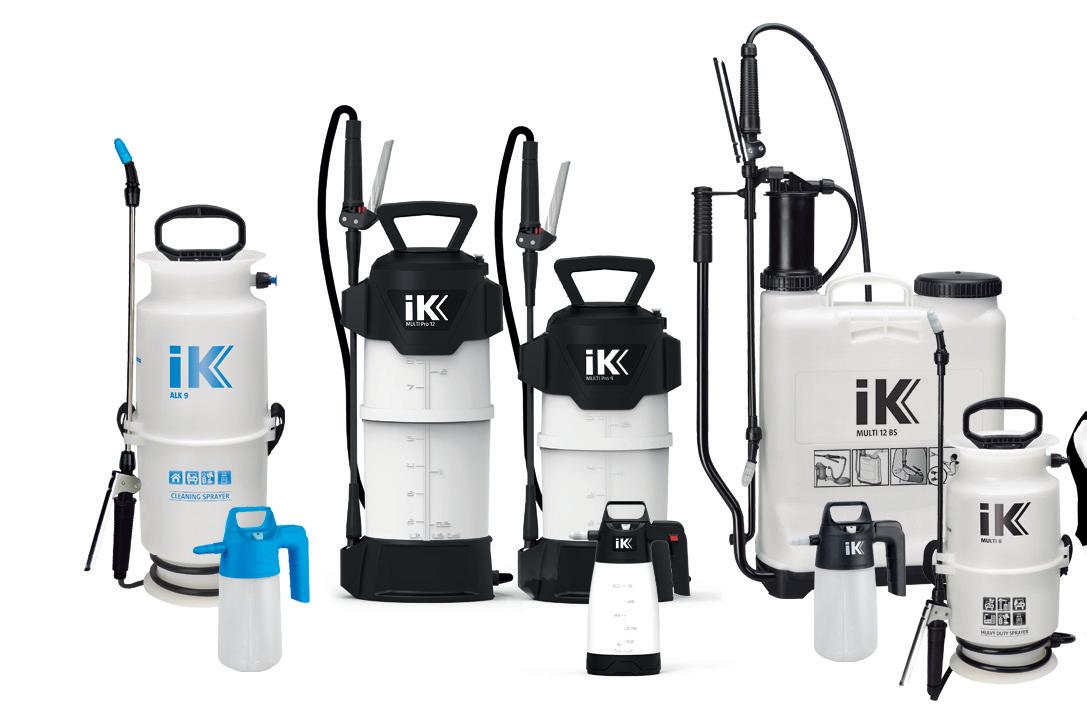
A professional range of spraying equipment specially designed for cleaning and disinfection of areas and surfaces potentially infected by bacteria and viruses that cause infectious diseases such as COVID-19 Ebola, Cholera, SARS, Influenza, etc. Our sprayers are also used in other sectors such as Automotive & Car Wash, Carpet Cleaning, Hygiene and Janitorial, HVAC and Food Industry amongst others.
SOLO SPRAYERS Ltd.
T.: 01 702 297 134 sales@solosprayers.co.uk
www.solosprayers.co.uk
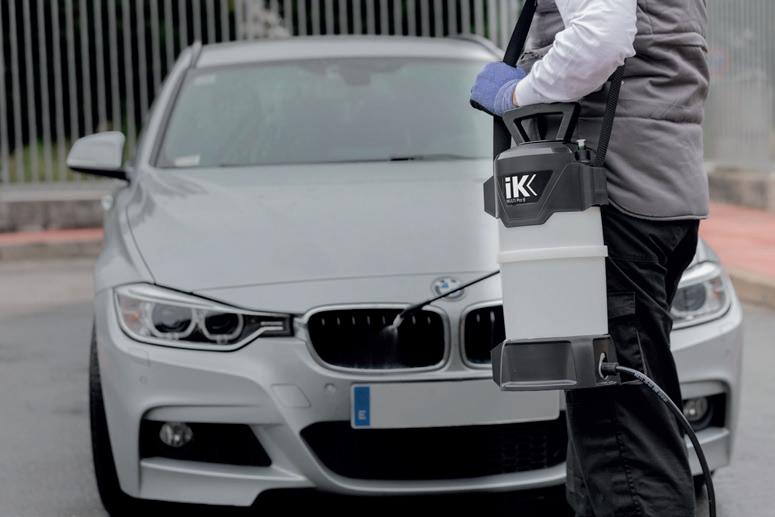
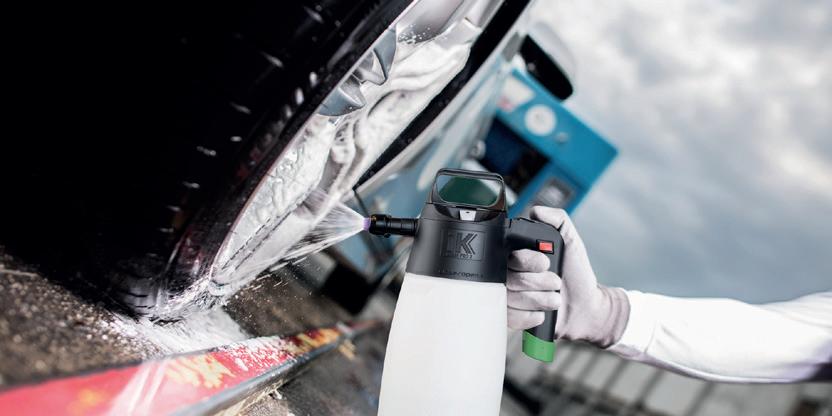
represented by FWC executive member, Paul Thrupp - the BCC chairman.
The COVID-19 virus can live on surfaces such as door handles and street furniture for some time, meaning people can be at risk of catching it every time they touch something outside their home. FWC says that the thousands of colleagues who have van-mounted, backpack or trolley-mounted water-fed pole systems have the right kit needed to do the job - with a simple modification such as fitting a converter to allow a spray lance to be plugged in instead of a water-fed pole connector.
The FWC wants the government to fund councils to pay and coordinate local window cleaners to regularly spray disinfectant in key public outside areas such as businesses which have remained open, hospitals, in high

streets and car parks, and at bus, tram and underground stops.
Surfaces to be sprayed could include ‘high rate touch points’ such as handrails, door handles, arm rests on outdoor seating, shopping trolley and basket handles, and push plates on doors. Window cleaners could also consider offering a sanitising wipe service to cash machine points.
Andrew Lee, chairman and safety officer at the FWC and MD at J A Lee, said: “I think this is a great idea and a great opportunity for FWC members and the industry to contribute to the country’s response to COVID -19. I know my own company has these resources.”
Paul Thrupp, FWC executive member and director for retail destinations at OCS, said: “A national sanitisation programme employing window cleaners could play a major role in defeating Coronavirus and saving lives. Other countries have launched sanitisation programmes and we strongly believe that the UK should use this approach as well. The Army does not have the equipment to spray disinfectant in the quantities needed and neither do local councils, but thousands of the nation’s window cleaners do. With the country in such a crisis, we have to think outside the box and use all the resources at our disposal to fight Coronavirus. With the expected continued easing of the lockdown and more people being out in public,

ROBERT Scott, one of the UK’s largest manufacturers and suppliers of cleaning products to the janitorial sector, has been selected as the preferred UK distributor for Italian window cleaning product manufacturer, Pulex, which is a member of IPC.
Established in 1963, Pulex plays a leading role in the international production of glass cleaning equipment, products and accessories including window squeegees, washers, poles, scrapers and blades, as well as floor and outdoor cleaning tools. The company is known for the quality of its products, which are made in Italy, in particular the grade of its specialised rubber blades, offering an easy, streak-free clean on glass surfaces.
Robert Scott started working with Pulex in 2015 after its acquisition of Contico Manufacturing, which began working with Pulex in 2005. This year, Pulex underwent a rebrand to help secure its position as a leading manufacturer of window cleaning equipment.

Pulex confirms preferred UK distributor
Later this year, the company will unveil its latest range of eco products, Black Is The New Green, that contains up to 75% recycled plastic and are recyclable, reducing waste and saving resources.
Alastair Scott, sales director at Robert Scott, said: “The quality of window cleaning products that Pulex creates is outstanding, and we’ve been proud to distribute their lines for the past five years. We’re pleased to have been chosen as the company’s preferred UK distributor and will continue to confidently recommend Pulex’s products to our customers. Pulex’s new line of eco-friendly products sits well with our own focus on increasing our range of sustainable cleaning solutions for customers. These have proven to be a great success in recent months and we will continue to expand these ranges in the coming months.”
this needs to be undertaken on a regular basis as what we’re proposing can really make a difference on the transmission of the virus.”
David Saville, operations director at Principle Window Cleaning, said: “We could provide a sanitisation programme in preparation for reopening of sites. It would be great for seating areas, doors, balustrades, smoking areas - any open or public spaces.”
Scott Smith, MD, Smiths Services, said: “I think this is good news and a good opportunity for window cleaners to play their part in helping beat this virus.”
Michael Lamont, MD, Lamont’s Cleaning Services, said: “It would be great if we could supply an essential service like this to help protect NHS and work towards a cleaner, safer working world.” WWW.F-W-C.CO.UK
Attilio Momi, product specialist at Pulex, added: “Pulex has had a strong working relationship with Robert Scott for over five years. As a distributor, they are helpful, reliable and are a key component of our operation in the UK. Robert Scott’s sales team’s knowledge of our products is second-to-none, so we’re confident in relying on them as our preferred supplier in the UK.” WWW.ROBERT-SCOTT.CO.UK
Transforming window cleaning
Daniel Took, head of professional product at Kärcher Professional UK, reports.
THE Introduction of handheld, battery powered window vacuums has revolutionised the cleaning sector over the last decade. The recent addition of innovative window and surface cleaners - multi-directional, cordless devices that enable effortless cleaning of any flat surface without restriction - has created an increase in productivity and efficiency in the sector. These cleverly designed devices introduce a new concept that will provide businesses with fast, efficient, multi-application cleaning and drying, eliminating the need for a bucket of water and cloth, which quickly become dirty.
Leading the charge is the Kärcher WVP 10, a lightweight and ergonomic handheld cleaning device that can be used to clean any kind of horizontal, vertical, or even overhead flat surface, such as tiles, windows, tables, and mirrors. The product features a large capacity dirty water collection tank, powerful suction and a removable battery for extended use, plus the advanced version comes with a second battery with quick charger for continuous cleaning time. The product is easy to operate, with a soft-grip for comfortable use and a manually adjustable distance holder ensures a perfect, streak-free finish.
Key features of the WVP 10 include: robust design for long life; spray bottle with microfibre attachment; suction nozzle for multi-directional cleaning; battery charge time of 60 minutes; lightweight; container capacity of 200ml; changeable battery for continuous work; and hygienic for the operator as no direct contact with dirty water.
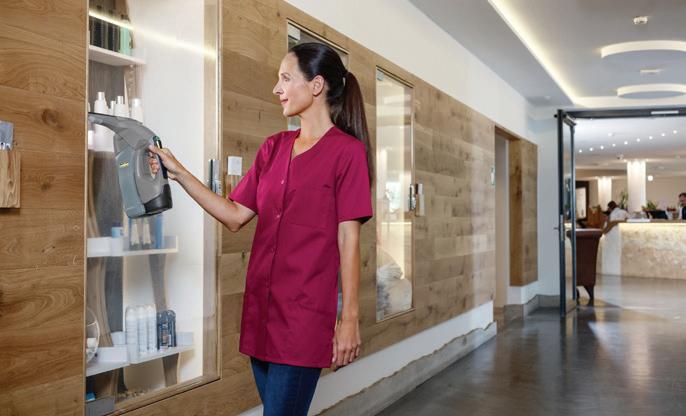
Easy handling and practical benefits make the WVP 10 suited to a variety of industries including retail, offices and hospitality. This versatile device has a range of optional accessories, such as a small suction nozzle, a scraper, a telescopic extension pole, and different sized squeegee blades, among others, to professionally clean even the trickiest of surfaces.
The innovation of the cordless window vac is an essential addition to the cleaning industry. Our WVP 10 is an exciting introduction to the professional cleaning world as there is nothing quite like it already out there. It is a smart and efficient unit that eliminates the need for buckets or soggy cloths, making it much-better suited to a professional environment, regardless of industry sector. It really is a fresh approach to professional cleaning and we are proud to say that it delivers exceptional results on all flat surfaces, especially windows.” WWW.KAERCHER.COM/UK
Infection Control with the power of Dry Steam Now with new Fogging Attachment!
Steam fogging disperses non-toxic, non corrosive disinfectant into the air killing 99.9% of all know viruses and bacteria.
Advance your environmental hygiene standards and prevent the risk of cross-contamination with our validated SteamCare range. Our products are:

✱ Easy to use ✱ Versatile- use to both clean and sanitise ✱ Environmentally friendly ✱ Used with certified ECHA disinfectants


